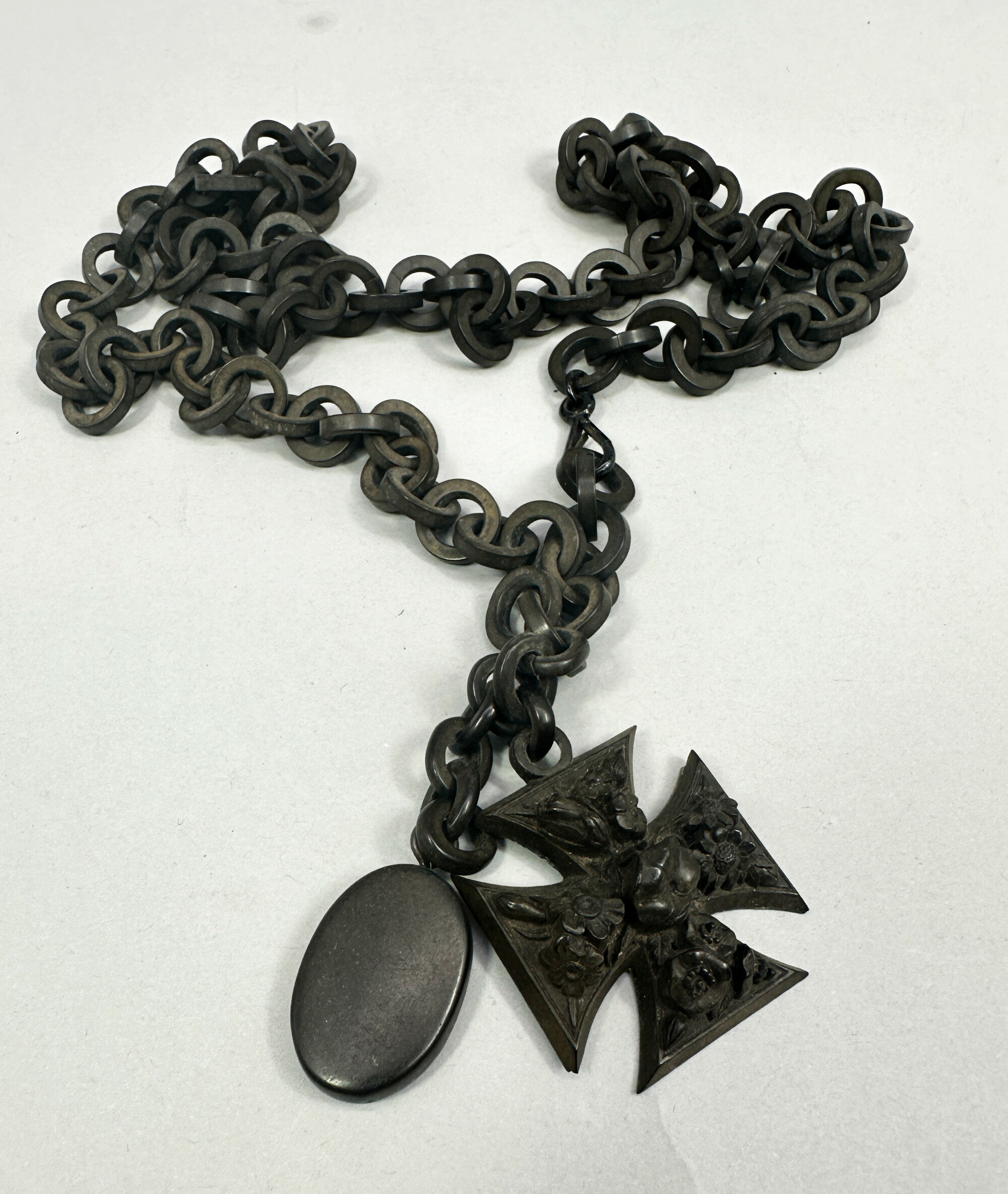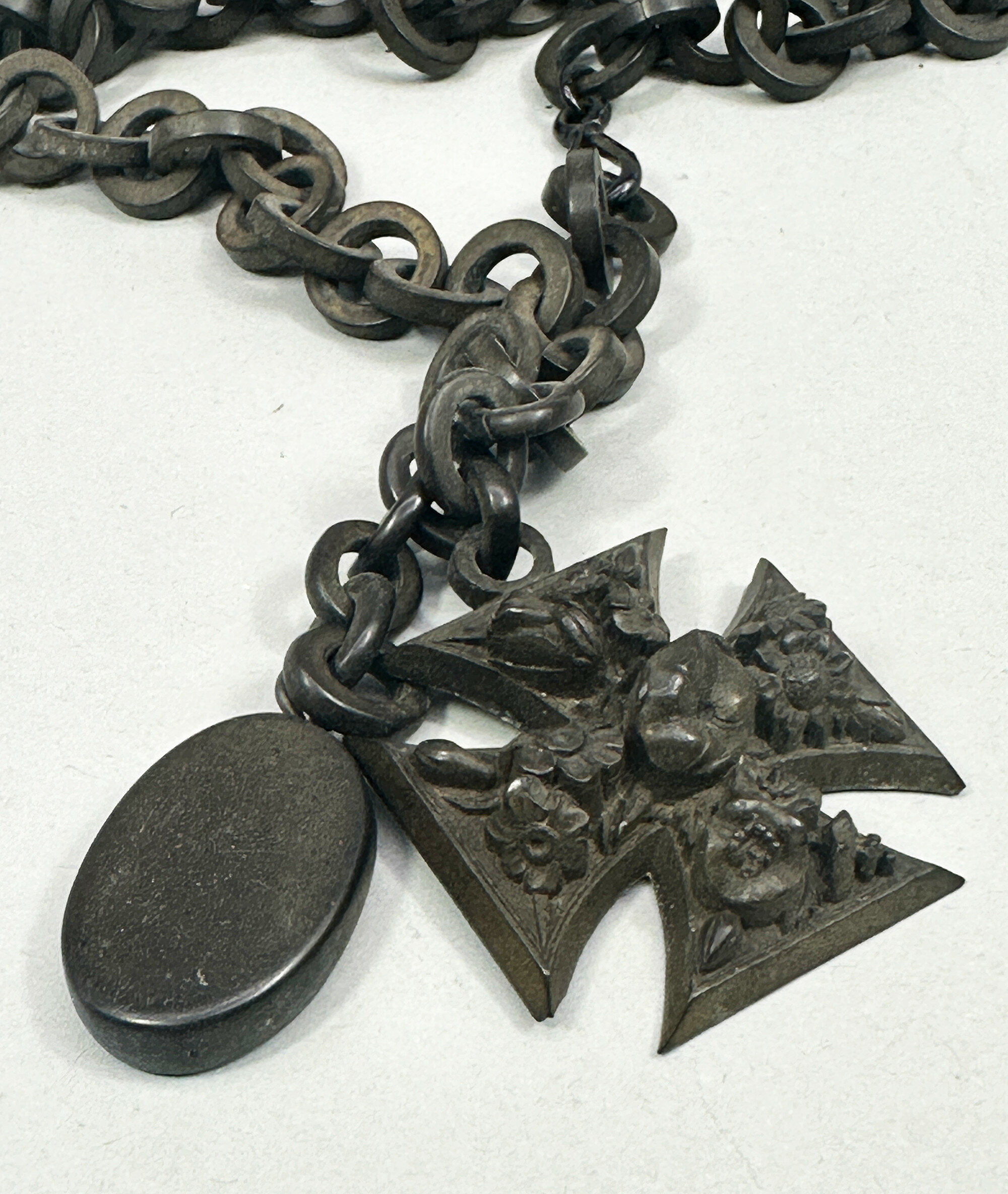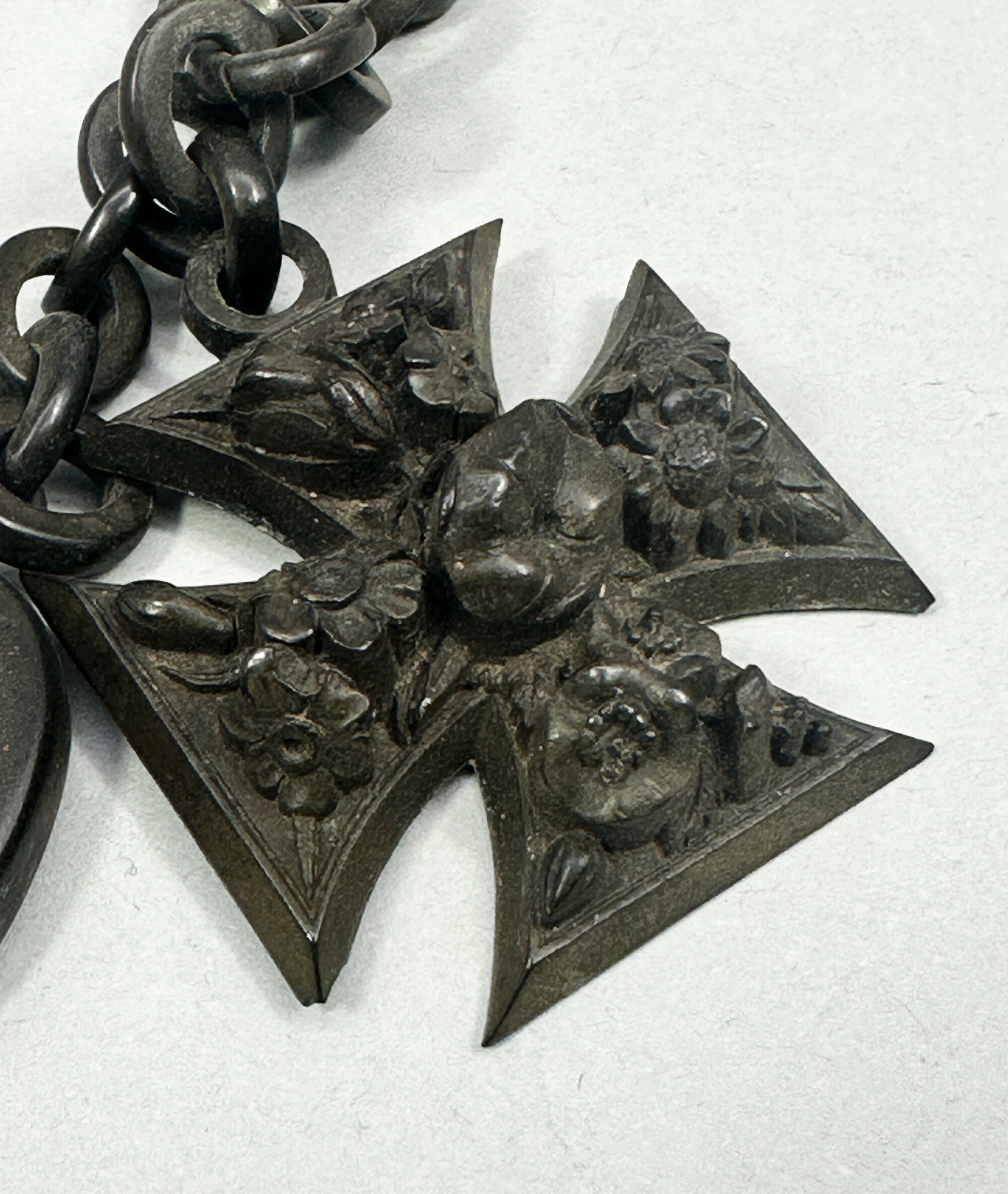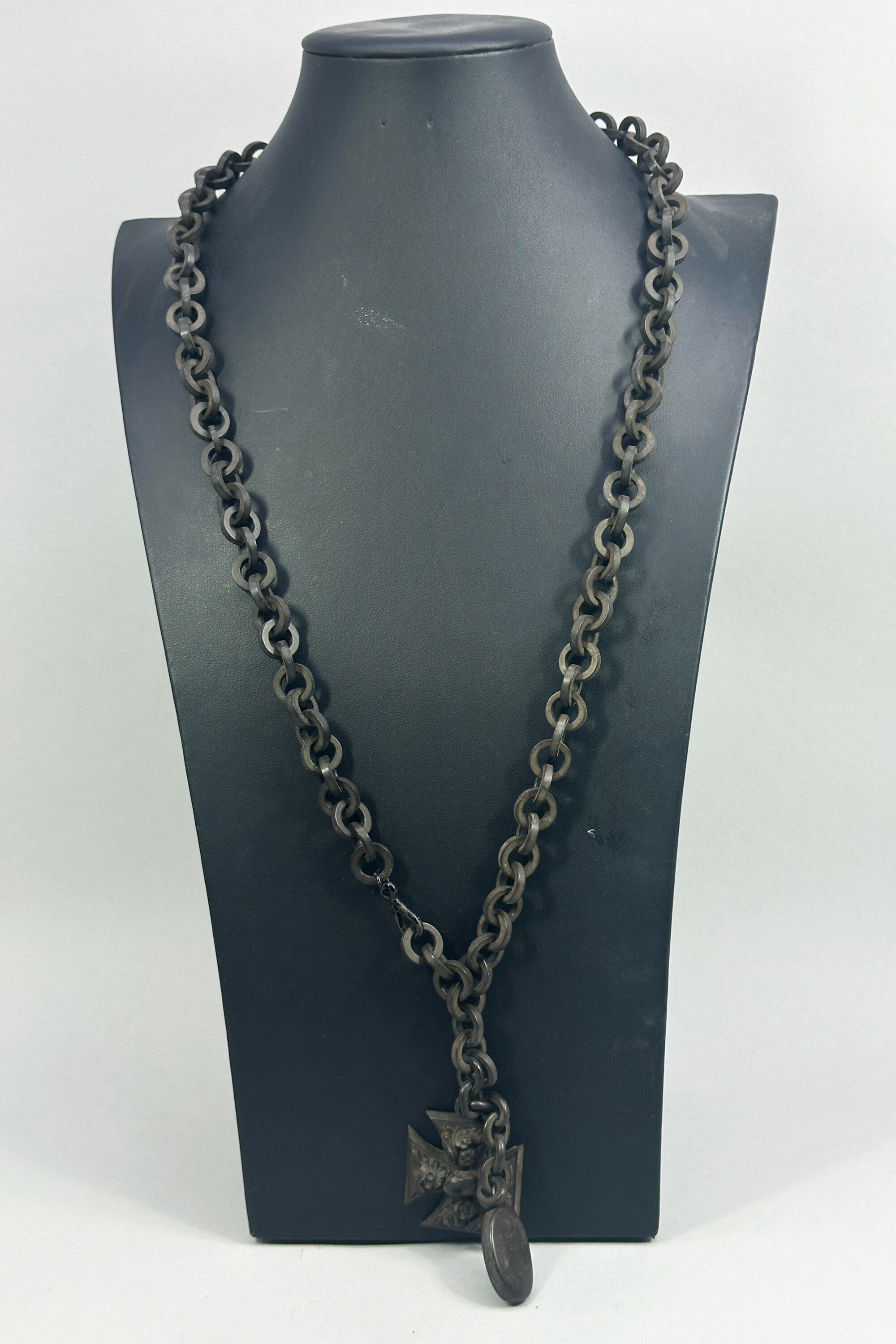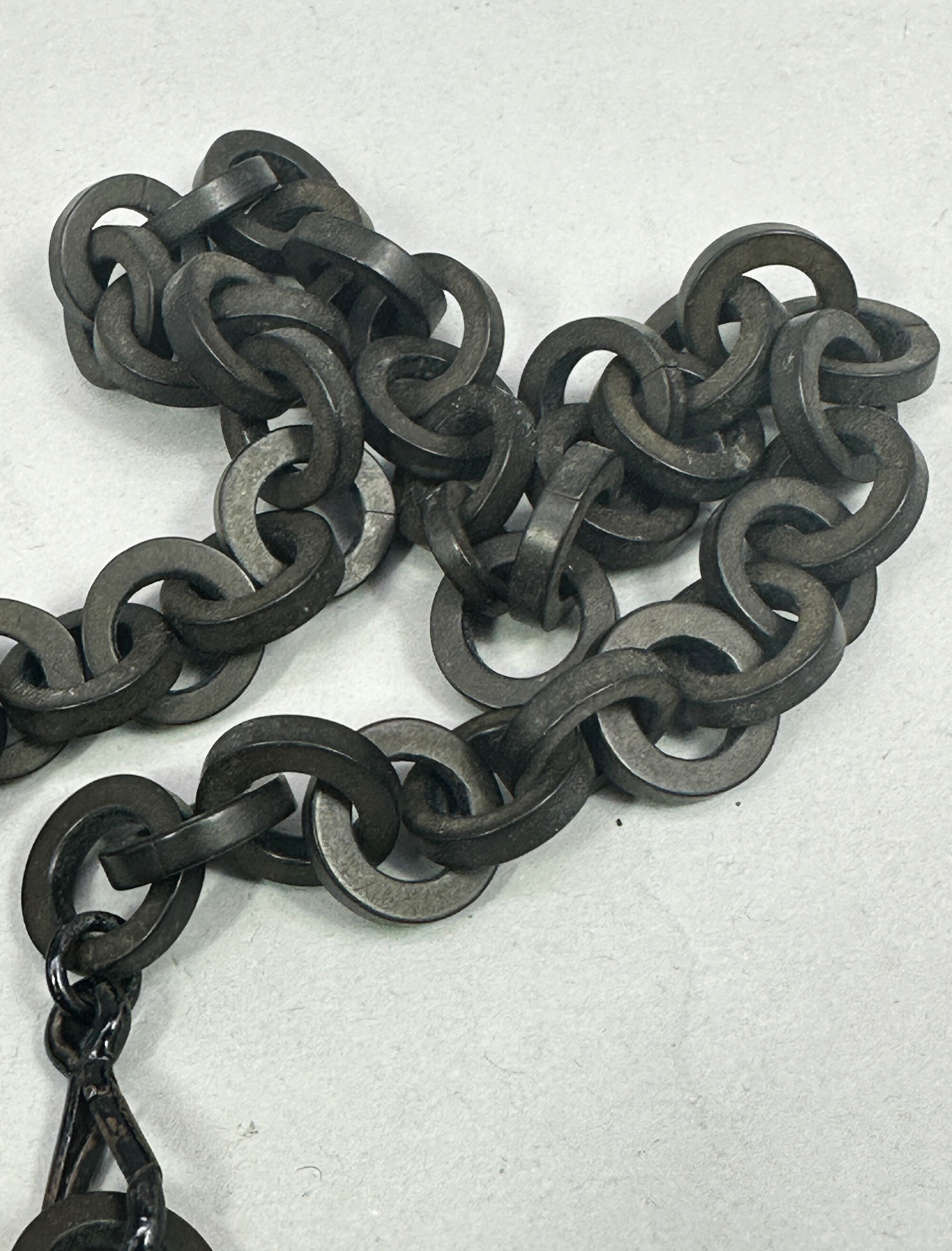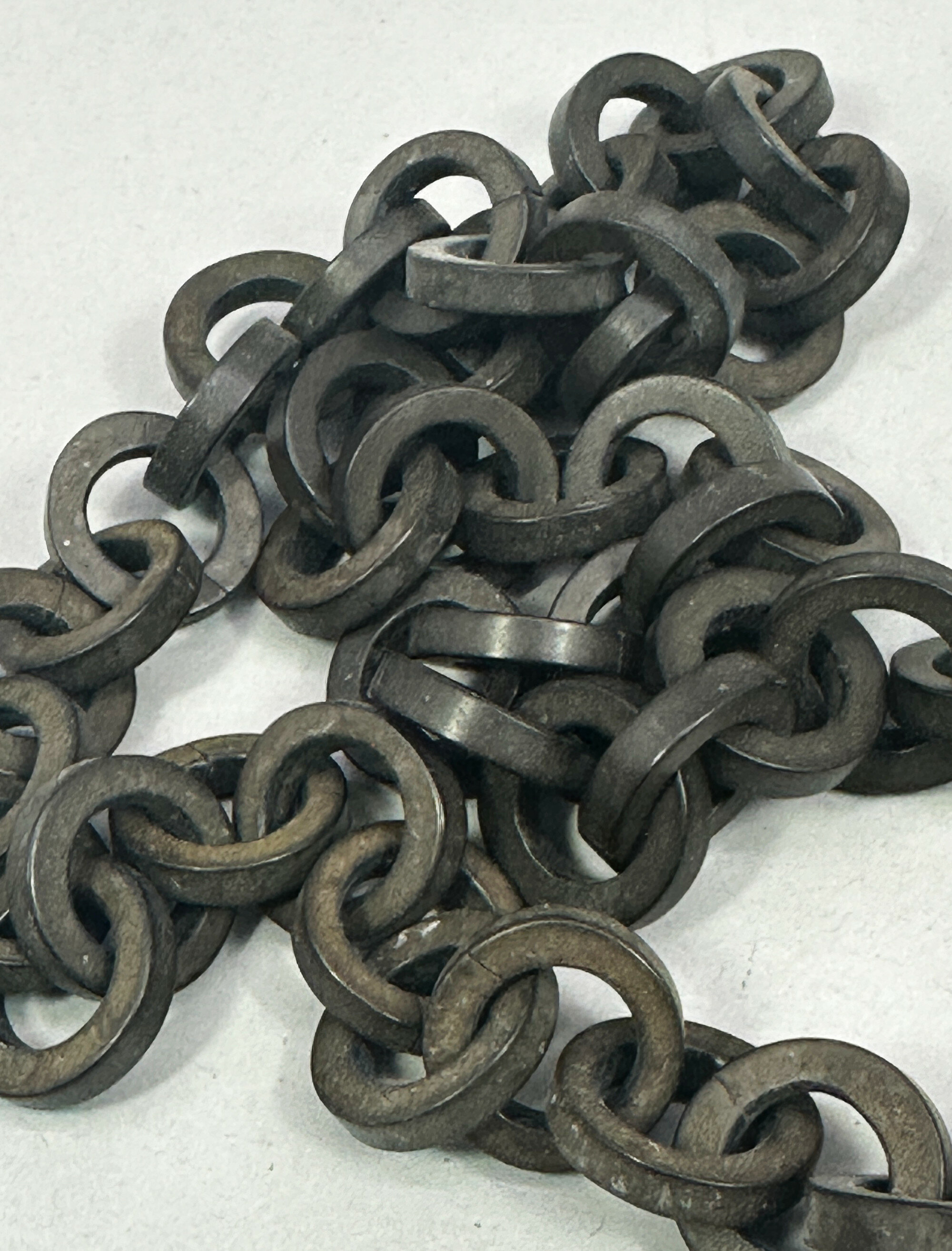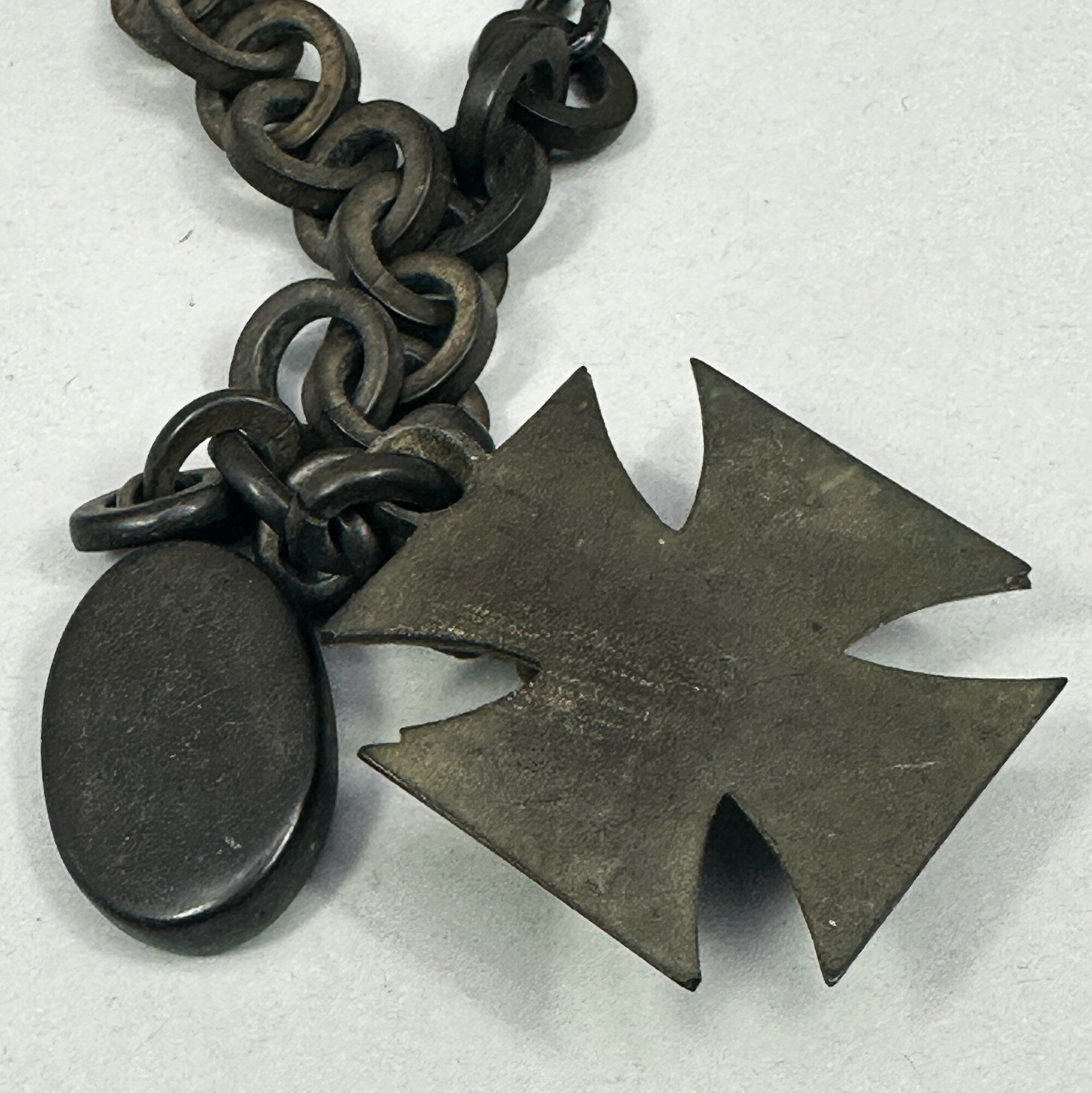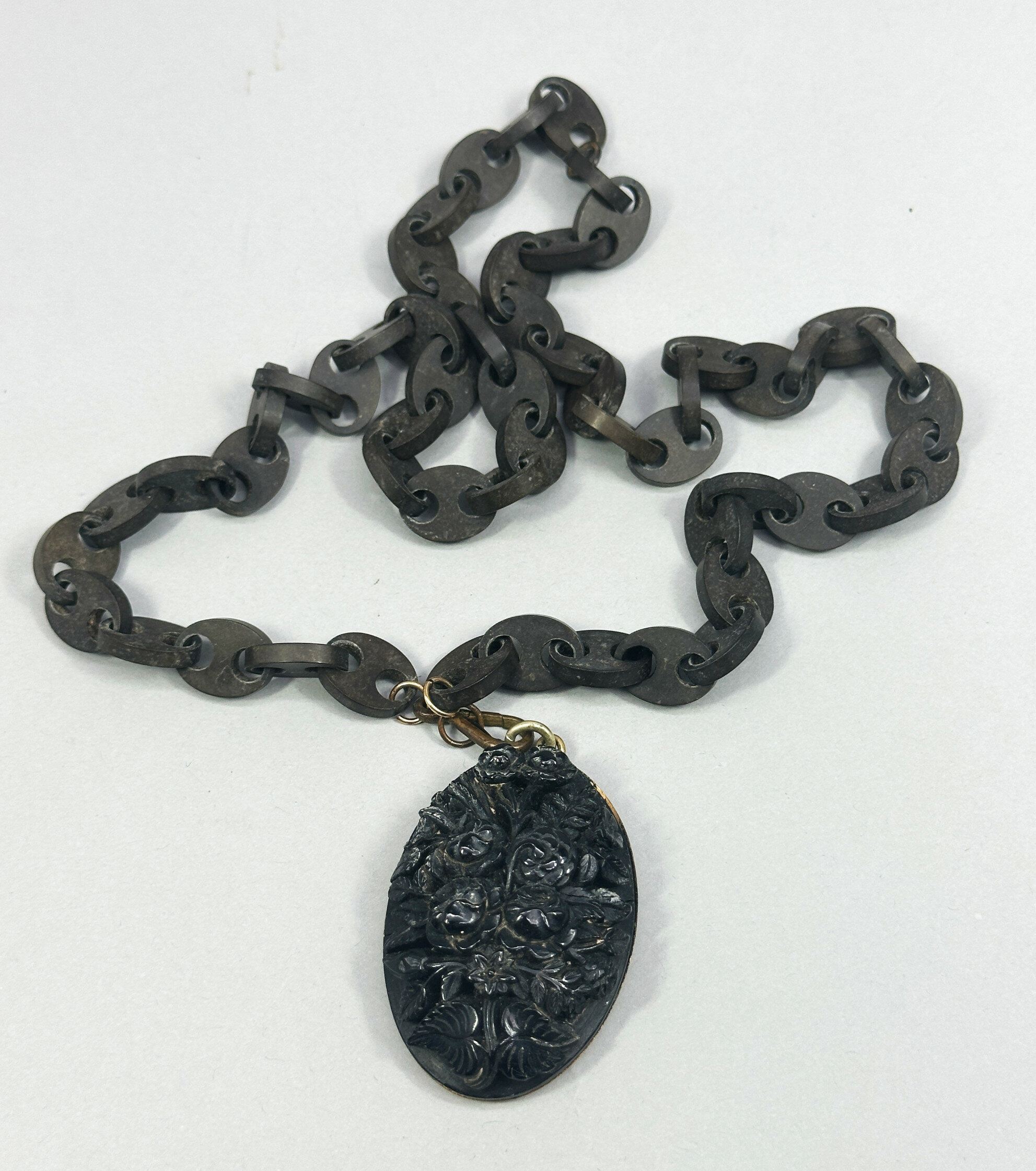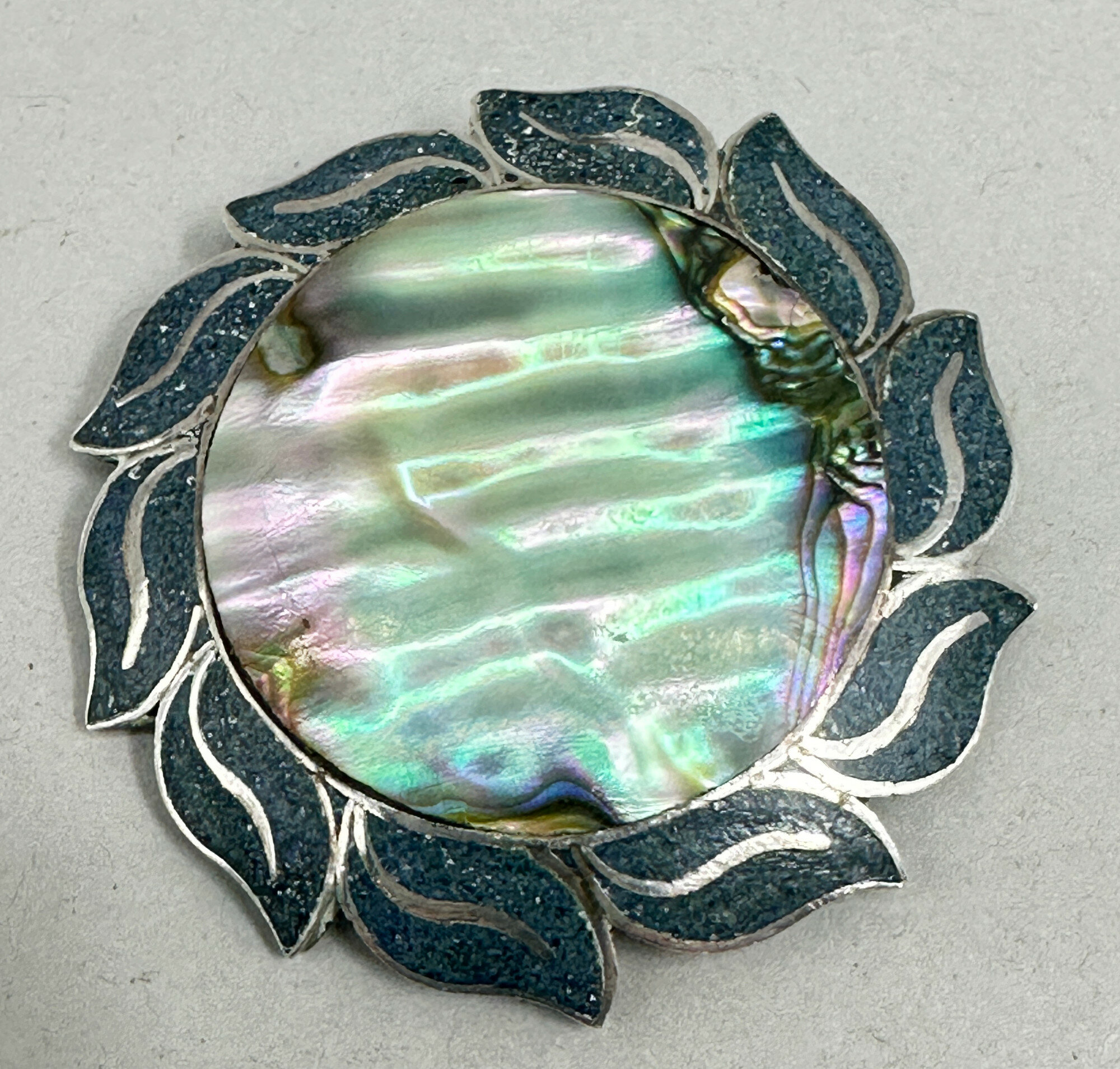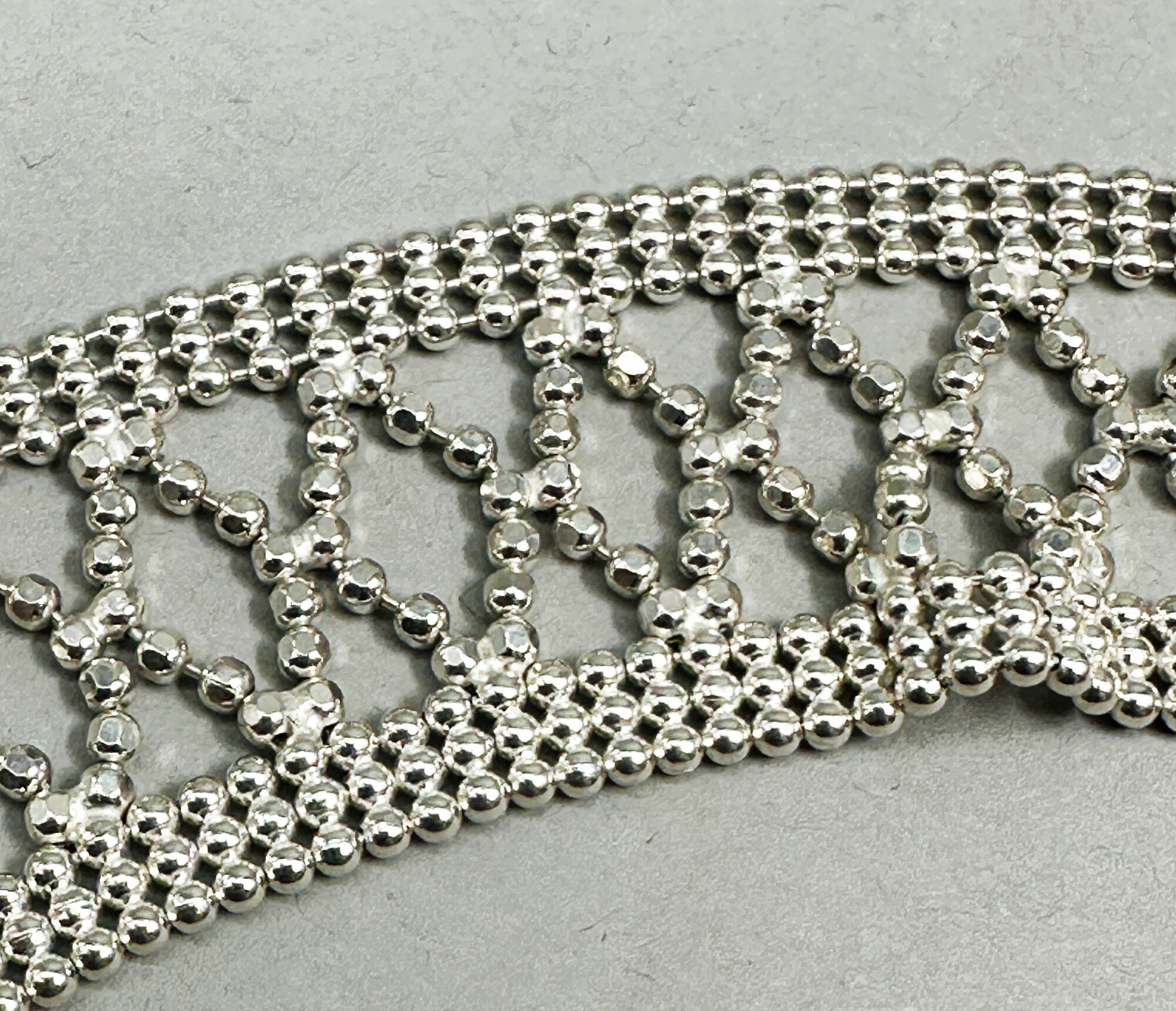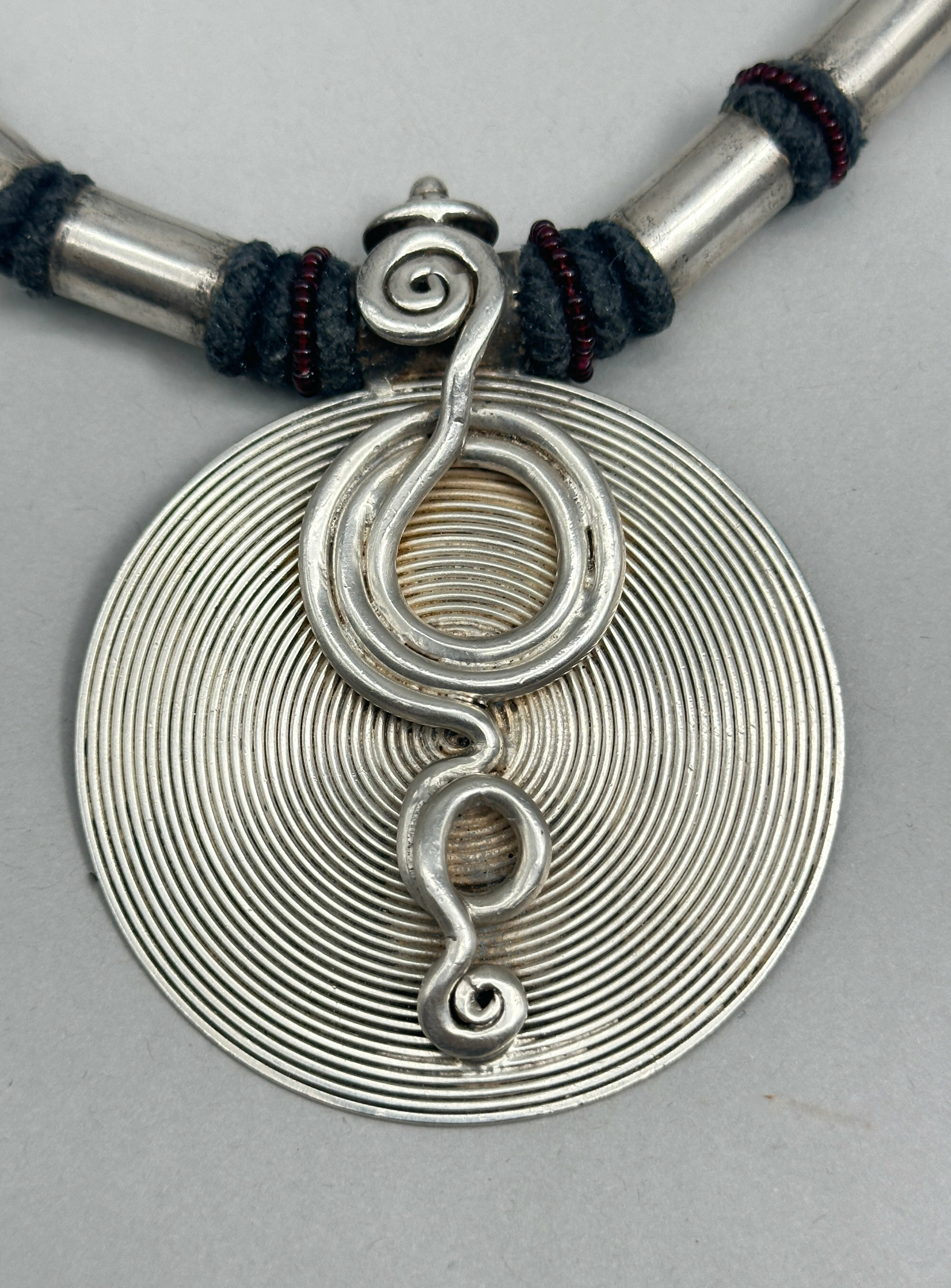Vulcanite long necklace with Maltese cross and fob c1880
| Starting Bid: | £70.00 |
| Bid Increment: | £5.00 |
| Next Min Bid: | £75.00 |
| Buyer’s Premium: | £16.80 |
| Total Amount: | £86.80 |
| Number of Bids: | 0 |
| Location: | United Kingdom |
| Highest Bidder: | |
| Auction Start: | 18/11/24 16:15:00 UTC |
| Auction Ending: | 02/12/24 20:12:00 UTC |
| Time Remaining: | 11d 6h 58m |
LOT NUMBER 7
Vulcanite long necklace with Maltese cross and fob c1880
This is the holy grail of Vulcanite necklace due to the length and it also has two integrated Vulcanite pendants a Maltese cross and a fob that may have been intended to be engraved. The links are round and there are further links at the end giving it a lariat style. ABOUT VULCANITE Exciting scientific and technological advances punctuated the nineteenth century. Growth and development with regard to jewelry-making techniques and new and innovative jewelry materials were an important part of these creative endeavors. Combining imitation gems with various imitation jewelry materials had already been en vogue since the early Eighteenth century and viable replacements for faux non-metallic jewelry materials were chiefly derived from plastics and rubber. Uncured rubber is somewhat brittle and does not have the stamina to hold up over the long term necessary to be viable for jewelry use. It was not until Charles Goodyear patented the vulcanization process in America in 1844 and Thomas Hancock did the same in England, that jewelry production with a rubber composition was possible. Vulcanization is a high-heat process that adds sulfur to the mix and renders the result more durable than rubber or plastic alone. Both gentlemen exhibited their achievements at the Great Exhibition, displaying molds of items intended to substitute for the very popular, but exceedingly brittle jet. One of the main purveyors of vulcanite jewellery was the Britannia Rubber and Kamptulicon Company, set up in 1854 at Cannon Street in the City, with the works in the East End of London at Bow Common, “for the purpose of manufacturing in England articles invented by Mr. Goodyear.” From 1866, they placed advertisements in The Times for ” Indiarubber chaines Benoiton, wholesale and export only,” offering a full range of industrial, household and ornamental goods including “Imitation Jet (India Rubber): Albert chains, Victoria chains, long chains, Latin, Greek, Maltese and Dagmar crosses, brooches, bracelets, earrings, waist-clasps, charms and trinkets, gauntlets and armlets, fancy black combs, and dressing combs,” assuring their customers that these items had the “the beauty of polish and deepness of colour of jet, without its dangerous quality of brittleness…You may dash a bracelet or chain of this material to the ground without injuring it.” Sources: Lang Antiques (www.langantiques.com) Gere, Charlotte and Rudoe, Judy. Jewellery in the Age of Queen Victoria: A Mirror to the World: London, The British Museum Press, 2010.| Size: | Necklace 76 cm long, Links are 13mm, Drop is 10 cm, Cross is 3.6 x 3.6 cm |
| Weight: | 41 grams |
| Date: | c1880 |
| Condition: | Very good condition, no issues |
| Estimate: | £150 – 200 |
